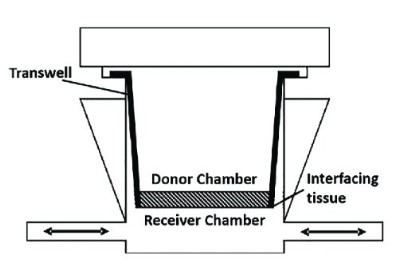Transmembral transport of the mycotoxin deoxynivalenol across the human intestinal epithelium using an advanced in vitro model
Internal competence-developing project at the Norwegian Veterinary Institute.

Chronic low-level dietary intake of the grain-spoiling mycotoxin deoxynivalenol (DON) can affect the integrity of the epithelial layer in the intestine and cause local inflammation. Adverse effects on the gut from DON exposure via the feed have been documented in experimental animals and in livestock such as pig. In humans, a potential connection between the Irritable bowel syndrome (IBS) and the presence of DON in the gut is currently discussed.
In DONinGUT, the commercially available EpiIntestinalTM model, providing human small intestinal cells in a 3D format that mimics the in vivo structure, function and interactions, will be used to study the trans-epithelial transport of DON as well as adverse effects on the intestinal cells, using inflammation biomarkers as read-out.

The establishment of this in vitro tool will be useful not only to study how foodborne mycotoxins interact with the human intestine, but it can also be applied to numerous environmental contaminants, pharmaceuticals, nutraceuticals and food ingredients.